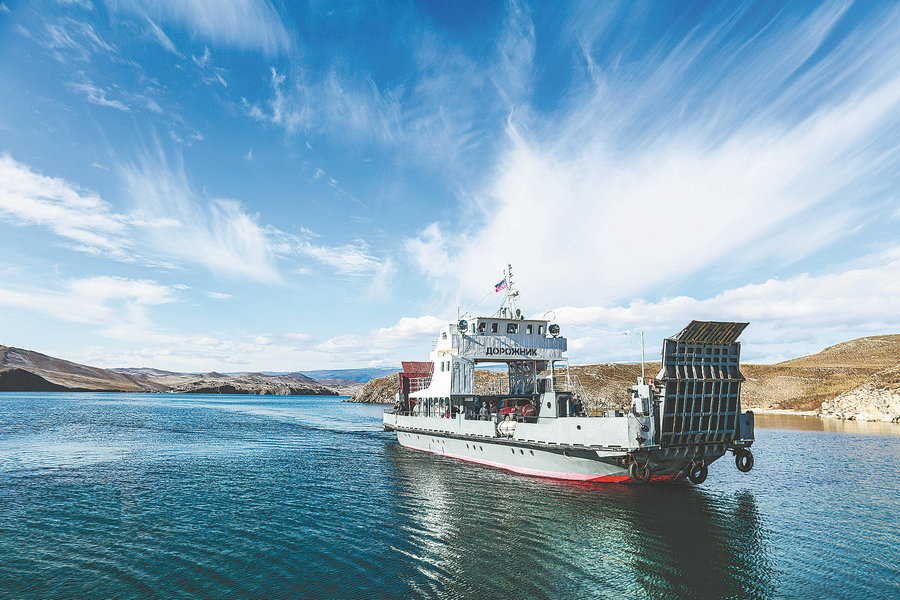

Pristine waters and awe-inspiring landscapes offer tourists unforgettable experiences.
Described as the Pearl of Siberia, Lake Baikal in Russia is the largest freshwater lake in the world and one of the most popular travel destinations for both tourists and photographers.
The lake is in a rift valley, created by the Baikal Rift Zone, where the Earth's crust is slowly pulling apart. It is also the deepest lake in the world at 1,642 meters.
The lake's age is estimated to be 25 to 30 million years, making it the most ancient lake in geological history. It is unique among large, high-latitude lakes, as its sediments have not been scoured by overriding continental ice sheets.
Baikal is one of the clearest lakes in the world. During the winter, the water transparency in open sections can be as much as 30 to 40 meters. The lake is rich in oxygen, even in deeper sections, which separates it from distinctly stratified bodies of water such as Lake Tanganyika and the Black Sea.
While more than 300 rivers flow into Baikal, only one-the Angara-flows out, eventually draining into the Arctic Ocean, hundreds of kilometers to the north.